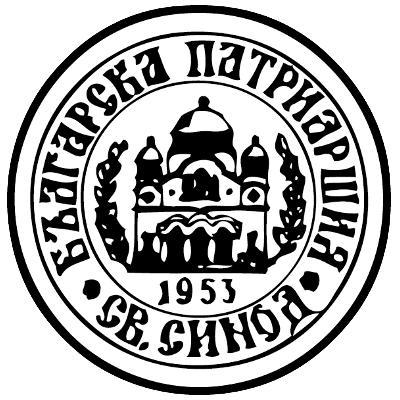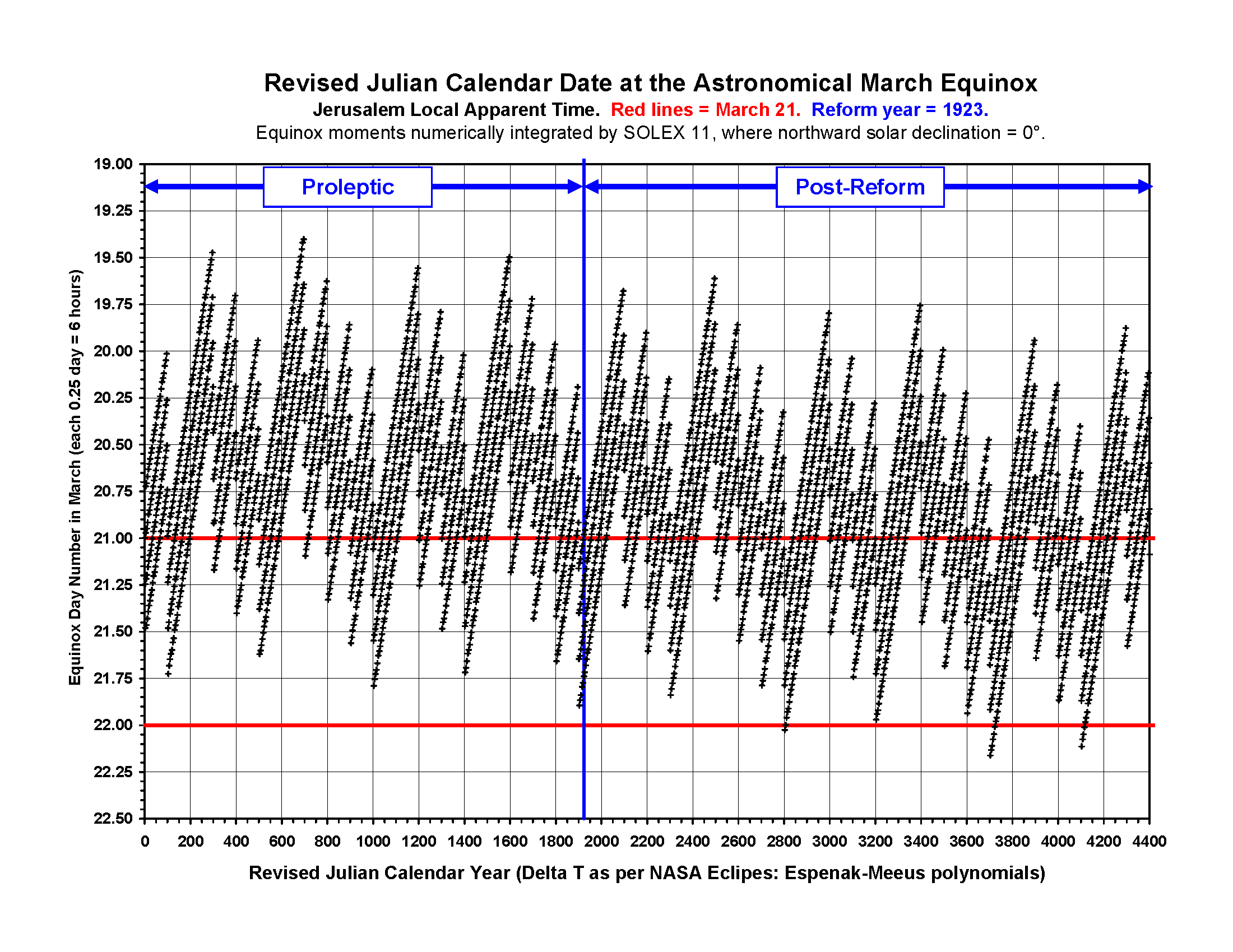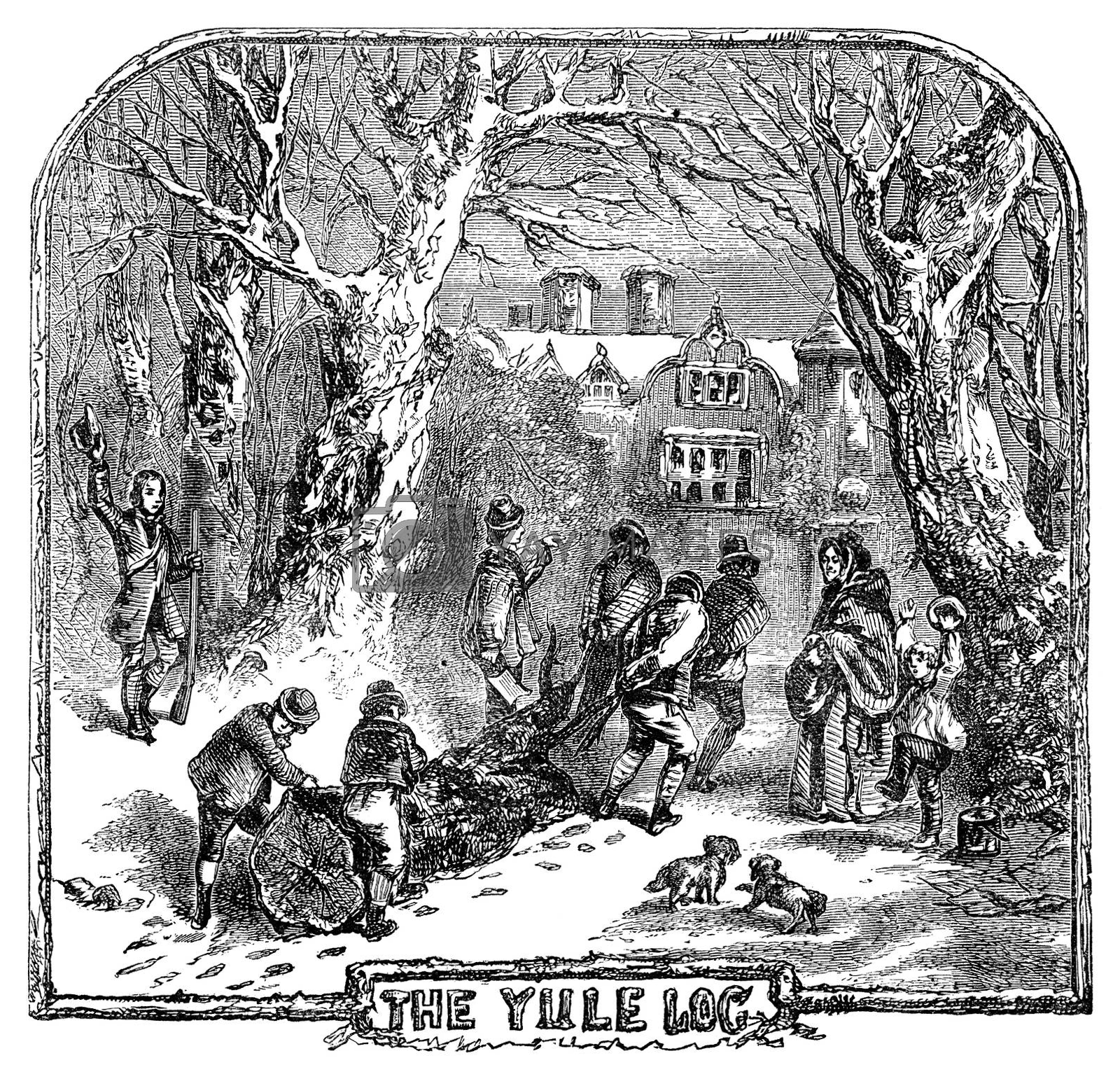|
Bulgarian Budnik
Budnik ( bg, Бъдник), refers to a log brought into the house and placed on the fire on the evening of Christmas Eve, a central tradition in Christmas celebrations in Bulgaria, Bosnia and Herzegovina, Croatia, Serbia, and Montenegro, much like a yule log in other European traditions. In the Bulgarian, Croatian, and Serbian languages, the name for Christmas Eve is derived from the term ''badnjak'' or ''budnik'' as well as the Bulgarian name for Christmas Eve ( :bg:Бъдни вечер). The tree from which the log is cut, preferably a young and straight oak, is ceremonially felled early on the morning of Christmas Eve. The felling, preparation, bringing in, and laying on the fire, are surrounded by elaborate rituals, with many regional variations. Bulgaria's Orthodox Church turned to the Revised Julian calendar in 1968. Since then, Bulgaria has celebrated Christmas on December 25, therefore, most celebrate Christmas Eve (Budni Vecher) on December 24. Etymology The term ''bud ... [...More Info...] [...Related Items...] OR: [Wikipedia] [Google] [Baidu] |
Christmas Eve
Christmas Eve is the evening or entire day before Christmas Day, the festival commemorating the birth of Jesus. Christmas Day is observed around the world, and Christmas Eve is widely observed as a full or partial holiday in anticipation of Christmas Day. Together, both days are considered one of the most culturally significant celebrations in Christendom and Western society. Christmas celebrations in the denominations of Western Christianity have long begun on Christmas Eve, due in part to the Christian liturgical day starting at sunset, a practice inherited from Jewish tradition and based on the story of Creation in the Book of Genesis: "And there was evening, and there was morning – the first day." Many churches still ring their church bells and hold prayers in the evening; for example, the Nordic Lutheran churches. Since tradition holds that Jesus was born at night (based in Luke 2:6-8), Midnight Mass is celebrated on Christmas Eve, traditionally at midnight, in c ... [...More Info...] [...Related Items...] OR: [Wikipedia] [Google] [Baidu] |
Bulgarian Orthodox Church
The Bulgarian Orthodox Church ( bg, Българска православна църква, translit=Balgarska pravoslavna tsarkva), legally the Patriarchate of Bulgaria ( bg, Българска патриаршия, links=no, translit=Balgarska patriarshiya), is an autocephalous Orthodox jurisdiction. It is the oldest Slavic Orthodox church, with some 6 million members in Bulgaria and between 1.5 and 2 million members in a number of European countries, the Americas, Australia, New Zealand and Asia. It was recognized as autocephalous in 1945 by the Ecumenical Patriarchate of Constantinople. History Early Christianity The Bulgarian Orthodox Church has its origin in the flourishing Christian communities and churches set up in the Balkans as early as the first centuries of the Christian era. Christianity was brought to the Balkans by the apostles Paul and Andrew in the 1st century AD, when the first organised Christian communities were formed. By the beginning of the 4th ce ... [...More Info...] [...Related Items...] OR: [Wikipedia] [Google] [Baidu] |
Virgin Mary
Mary; arc, ܡܪܝܡ, translit=Mariam; ar, مريم, translit=Maryam; grc, Μαρία, translit=María; la, Maria; cop, Ⲙⲁⲣⲓⲁ, translit=Maria was a first-century Jewish woman of Nazareth, the wife of Joseph and the mother of Jesus. She is a central figure of Christianity, venerated under various titles such as virgin or queen, many of them mentioned in the Litany of Loreto. The Eastern and Oriental Orthodox, Church of the East, Catholic, Anglican, and Lutheran churches believe that Mary, as mother of Jesus, is the Mother of God. Other Protestant views on Mary vary, with some holding her to have considerably lesser status. The New Testament of the Bible provides the earliest documented references to Mary by name, mainly in the canonical Gospels. She is described as a young virgin who was chosen by God to conceive Jesus through the Holy Spirit. After giving birth to Jesus in Bethlehem, she raised him in the city of Nazareth in Galilee, and was in Jerusal ... [...More Info...] [...Related Items...] OR: [Wikipedia] [Google] [Baidu] |
Christ
Jesus, likely from he, יֵשׁוּעַ, translit=Yēšūaʿ, label=Hebrew/Aramaic ( AD 30 or 33), also referred to as Jesus Christ or Jesus of Nazareth (among other Names and titles of Jesus in the New Testament, names and titles), was a first-century Jews, Jewish preacher and religious leader; he is the central figure of Christianity, the Major religious groups, world's largest religion. Most Christians believe he is the Incarnation (Christianity), incarnation of God the Son and the awaited Messiah#Christianity, Messiah (the Christ (title), Christ) prophesied in the Hebrew Bible. Virtually all modern scholars of antiquity agree that Historicity of Jesus, Jesus existed historically. Quest for the historical Jesus, Research into the historical Jesus has yielded some uncertainty on the historical reliability of the Gospels and on how closely the Jesus portrayed in the New Testament reflects the historical Jesus, as the only detailed records of Jesus' life are contained in ... [...More Info...] [...Related Items...] OR: [Wikipedia] [Google] [Baidu] |
Christmas
Christmas is an annual festival commemorating Nativity of Jesus, the birth of Jesus, Jesus Christ, observed primarily on December 25 as a religious and cultural celebration among billions of people Observance of Christmas by country, around the world. A Calendar of saints, feast central to the Christian liturgical year, it is preceded by the season of Advent or the Nativity Fast and initiates the season of Christmastide, which historically in the West lasts Twelve Days of Christmas, twelve days and culminates on Twelfth Night (holiday), Twelfth Night. Christmas Day is a public holiday in List of holidays by country, many countries, is celebrated religiously by a majority of Christians, as well as Christian culture, culturally by many non-Christians, and forms an integral part of the Christmas and holiday season, holiday season organized around it. The traditional Christmas narrative recounted in the New Testament, known as the Nativity of Jesus, says that Jesus was born in Bet ... [...More Info...] [...Related Items...] OR: [Wikipedia] [Google] [Baidu] |
Chrism
Chrism, also called myrrh, ''myron'', holy anointing oil, and consecrated oil, is a consecrated oil used in the Anglican, Assyrian, Catholic, Nordic Lutheran, Old Catholic, Eastern Orthodox, Oriental Orthodox, and Latter Day Saint churches in the administration of certain sacraments and ecclesiastical functions. Name The English ''chrism'' derives from Koine Greek via Latin and Old French. In Greek, ''khrîsma'' () was originally the verbal noun ("(the act of) anointing", "unction") of ("anoint").''Oxford English Dictionary'', 1st ed. "chrism, ''n.''" Oxford University Press (Oxford), 1889. By extension, along with ''khrîma'' (), ''khrîstai'' (), and later ''khrísma'' (), it came to be used for the anointing oil or ointment itself. ''Khrísma'' came into Latin as ', which appears in the works of Tertullian. This was adopted directly into Old English as ', which developed into Middle English ' and various related spellings. In Old French, the original Latin was con ... [...More Info...] [...Related Items...] OR: [Wikipedia] [Google] [Baidu] |
Revised Julian Calendar
The Revised Julian calendar, or less formally the new calendar, is a calendar proposed in 1923 by the Serbian scientist Milutin Milanković as a more accurate alternative to both Julian and Gregorian calendars. At the time, the Julian calendar was still in use by all of the Eastern Orthodox Churches and affiliated nations, while the Catholic and Protestant nations were using the Gregorian calendar. Thus, Milanković's aim was to discontinue the divergence between the naming of dates in Eastern and Western churches and nations. It was intended to replace the Julian calendar in Eastern Orthodox Churches and nations. From 1 March 1600 through 28 February 2800, the Revised Julian calendar aligns its dates with the Gregorian calendar, which had been proclaimed in 1582 by Pope Gregory XIII. The Revised Julian calendar has been adopted for ecclestical use by the Ecumenical Patriarchate of Constantinople, the Orthodox Autocephalous Church of Albania, the Greek Orthodox Church of Alexandr ... [...More Info...] [...Related Items...] OR: [Wikipedia] [Google] [Baidu] |
Bulgaria
Bulgaria (; bg, България, Bǎlgariya), officially the Republic of Bulgaria,, ) is a country in Southeast Europe. It is situated on the eastern flank of the Balkans, and is bordered by Romania to the north, Serbia and North Macedonia to the west, Greece and Turkey to the south, and the Black Sea to the east. Bulgaria covers a territory of , and is the sixteenth-largest country in Europe. Sofia is the nation's capital and largest city; other major cities are Plovdiv, Varna and Burgas. One of the earliest societies in the lands of modern-day Bulgaria was the Neolithic Karanovo culture, which dates back to 6,500 BC. In the 6th to 3rd century BC the region was a battleground for ancient Thracians, Persians, Celts and Macedonians; stability came when the Roman Empire conquered the region in AD 45. After the Roman state splintered, tribal invasions in the region resumed. Around the 6th century, these territories were settled by the early Slavs. The Bulgars, led by Asp ... [...More Info...] [...Related Items...] OR: [Wikipedia] [Google] [Baidu] |
Christmas Worldwide
The observance of Christmas around the world varies by country. The day of Christmas, and in some cases the day before and the day after, are recognized by many national governments and cultures worldwide, including in areas where Christianity is a minority religion. In some non-Christian areas, periods of former colonial rule introduced the celebration (e.g. Hong Kong); in others, Christian minorities or foreign cultural influences have led populations to observe the holiday. Christmas traditions for many nations include the installing and lighting of Christmas trees, the hanging of Advent wreaths, Christmas stockings, candy canes, setting out cookies and milk, and the creation of Nativity scenes depicting the birth of Jesus Christ. Christmas carols may be sung and stories told about such figures as the Baby Jesus, St Nicholas, Santa Claus, Father Christmas, Christkind or Grandfather Frost. The sending and exchange of Christmas card greetings, observance of fasting ... [...More Info...] [...Related Items...] OR: [Wikipedia] [Google] [Baidu] |
Yule Log
The Yule log, Yule clog, or Christmas block is a specially selected log burnt on a hearth as a winter tradition in regions of Europe, and subsequently North America. The origin of the folk custom is unclear. Like other traditions associated with Yule (such as the Yule boar), the custom may ultimately derive from Germanic paganism. American folklorist Linda Watts provides the following overview of the custom: The familiar custom of burning the Yule log dates back to earlier solstice celebrations and the tradition of bonfires. The Christmas practice calls for burning a portion of the log each evening until Twelfth Night (January 6). The log is subsequently placed beneath the bed for luck, and particularly for protection from the household threats of lightning and, with some irony, fire. Many have beliefs based on the yule log as it burns, and by counting the sparks and such, they seek to discern their fortunes for the new year and beyond.Watts (2006:71). Watts notes that the Yule ... [...More Info...] [...Related Items...] OR: [Wikipedia] [Google] [Baidu] |
.jpg)


.jpg)



